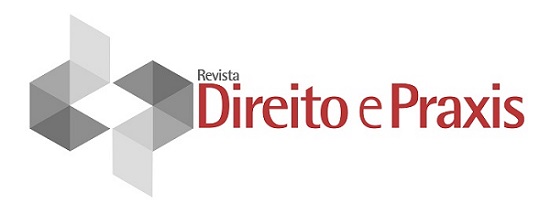Abstract
This article deals with the fundamental differences between the thought of Roberto Lyra Filho and Márcio Bilharinho Naves, two distinguished figures of Marxist legal thought in Brazil. These two thinkers represent positions that were considered to be totally divergent. The former defends what was called by the supervenience of law thesis. This hypothesis is the consideration that law would prevail even at the end of the capitalist productive system. This is because Lyra Filho considered the law as a fundamental instrument in the process of social struggle and the historical conquest of rights. There would not be just one kind of law, bourgeois law. The legal phenomenon would extend beyond its historical boundaries imposed by the ruling classes. Other law configurations would, thus, be possible. In turn, Naves associates the right to the commodity form and the universalization of the exchange circuit. As the universalization of the commercial circulation was possible only with the full establishment of capitalism, the law, which is intrinsically linked to this circuit, as its guardian, would only be fully established with the existence of the consolidation of capitalist mode of production. There was no right before and there will be no right after capitalism. This position, in turn, was called the thesis of non-supervenience of law. Given this theoretical context, it is concluded that what constitutes the fundamental difference between one viewpoint and another (supervenience and non-supervenience) is a certain consideration about dialectics. In the case of Lyra Filho represented by the link between Marxism and Hegelianism that produced a continuist view of the legal phenomenon and in Naves by the consideration of dialectic as a rupture averse to any kind of continuity and denying authority to Hegelian considerations.
Keywords:
Lyra Filho; Naves; Supervenience; Non-supervenience; Dialectic as continuity; Dialectic as rupture; Hegel; Brazilian legal Marxism
